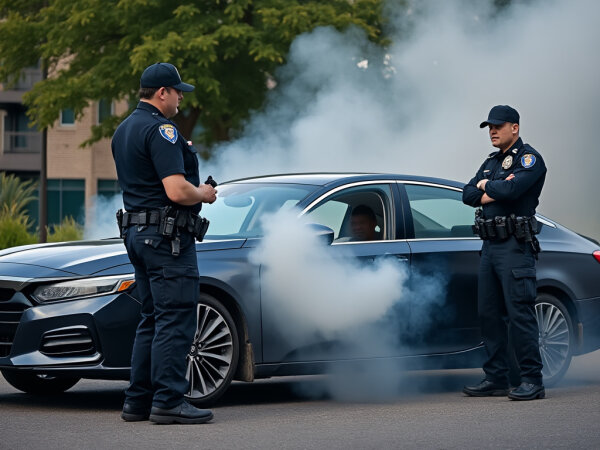Illinois Supreme Court Rules Smell of Cannabis Cannot Justify Warrantless Vehicle Searches

09/27/2024
The Illinois Supreme Court declared that the smell of burnt cannabis alone cannot justify a warrantless search of a vehicle. The unanimous decision follows Illinois’ 2019 law legalizing recreational cannabis, which allows possession of up to 30 grams. Justice P. Scott Neville, writing for the court, emphasized the impact of changing cannabis laws, stating, "The laws on cannabis have changed in such a drastic way as to render the smell of burnt cannabis, standing alone, insufficient to provide probable cause for a police officer to search a vehicle without a warrant."
The case arose from a September 2020 traffic stop in which Illinois State Police trooper pulled over Ryan Redmond for minor traffic violations. During the stop, the officer smelled burnt cannabis and subsequently searched the vehicle, discovering about one gram of cannabis. Redmond was later charged with a misdemeanor for failing to transport cannabis in an odor-proof container.
While the court agreed that the smell of burnt cannabis created reasonable suspicion for further investigation, it ruled that the officer’s search lacked probable cause. Neville noted that no evidence beyond the smell, such as signs of impairment or drug paraphernalia, was found, and the officer did not smell cannabis on Redmond himself.
The ruling has broader implications, especially for minority communities. National and state chapters of the American Civil Liberties Union and the National Association of Criminal Defense Lawyers supported the case, arguing that permitting searches based on cannabis odor leads to biased policing, disproportionately affecting black and Latino drivers.
While Illinois now joins other states like Minnesota and Delaware in prohibiting such searches, the court did not address the legality of Illinois’ odor-proof container requirement in this decision. Efforts to pass a law restricting searches based on cannabis odor in the state have stalled as the courts weighed the Redmond case.
The ruling marks a shift in how cannabis-related cases are treated in the context of traffic stops, underscoring evolving legal standards following the drug’s legalization.
Reference
The case arose from a September 2020 traffic stop in which Illinois State Police trooper pulled over Ryan Redmond for minor traffic violations. During the stop, the officer smelled burnt cannabis and subsequently searched the vehicle, discovering about one gram of cannabis. Redmond was later charged with a misdemeanor for failing to transport cannabis in an odor-proof container.
While the court agreed that the smell of burnt cannabis created reasonable suspicion for further investigation, it ruled that the officer’s search lacked probable cause. Neville noted that no evidence beyond the smell, such as signs of impairment or drug paraphernalia, was found, and the officer did not smell cannabis on Redmond himself.
The ruling has broader implications, especially for minority communities. National and state chapters of the American Civil Liberties Union and the National Association of Criminal Defense Lawyers supported the case, arguing that permitting searches based on cannabis odor leads to biased policing, disproportionately affecting black and Latino drivers.
While Illinois now joins other states like Minnesota and Delaware in prohibiting such searches, the court did not address the legality of Illinois’ odor-proof container requirement in this decision. Efforts to pass a law restricting searches based on cannabis odor in the state have stalled as the courts weighed the Redmond case.
The ruling marks a shift in how cannabis-related cases are treated in the context of traffic stops, underscoring evolving legal standards following the drug’s legalization.
Reference







